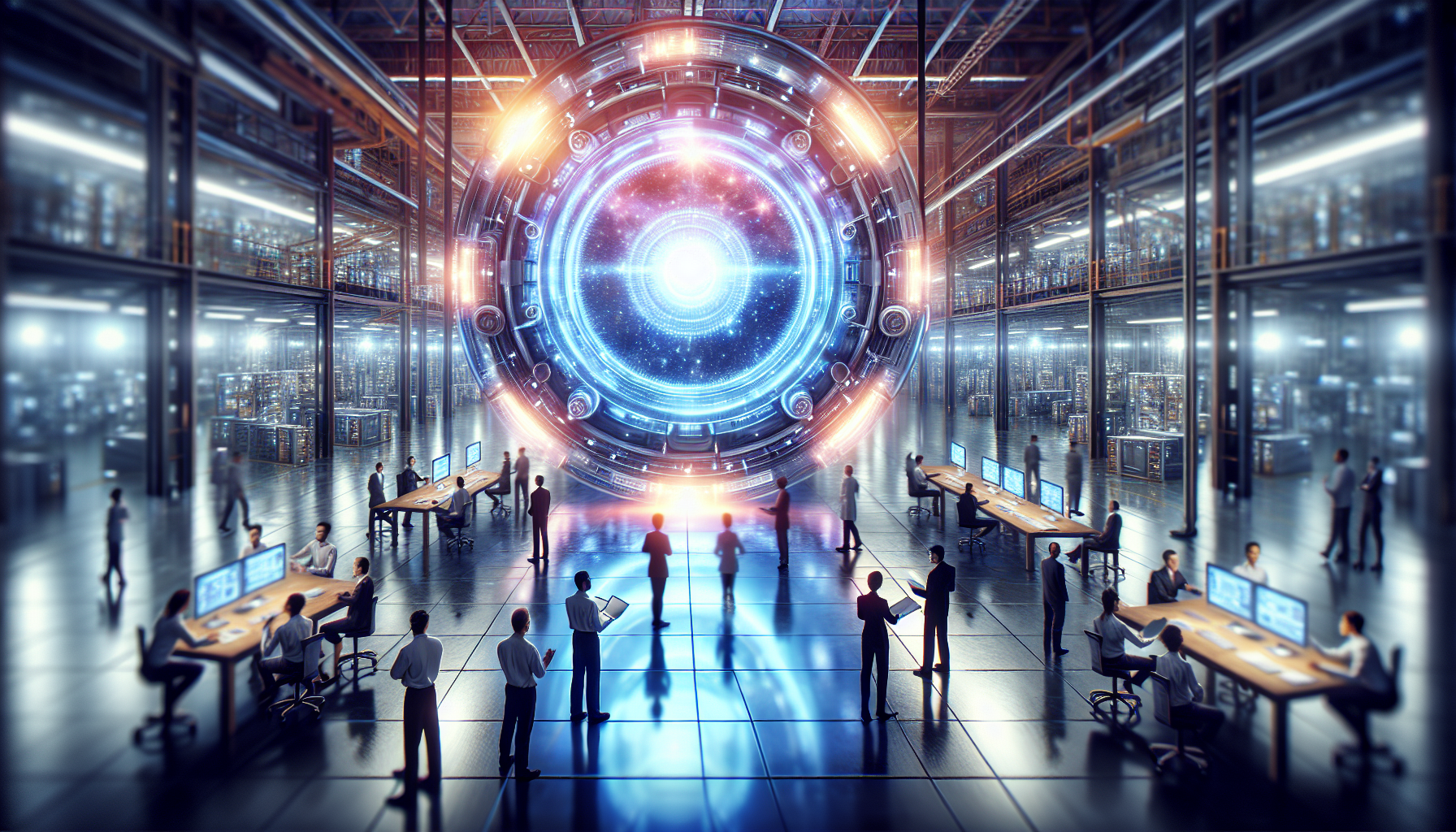Sam Altman, Trump, and the Quest for AGI: Stargate 2025
In a world buzzing with advancements in technology, the concept of Artificial General Intelligence (AGI) is quickly becoming a significant focus for leading tech figures. One of the most prominent names in this arena is Sam Altman, CEO of OpenAI. In recent discussions, he has linked AGI development to political themes and even former President Donald Trump, suggesting that significant political shifts could impact the path to achieving AGI by around 2025.
What is AGI?
AGI, or Artificial General Intelligence, refers to a type of artificial intelligence that possesses the ability to understand, learn, and apply knowledge across a wide range of tasks, similarly to a human being. Unlike narrow AI, which is designed for specific tasks (like playing chess or customer service chatbots), AGI aspires to generalize across various disciplines and situations.
Why 2025?
You might be wondering, why the year 2025? According to Altman, the timeline for developing AGI is ambitious yet feasible, especially considering the pace of AI research and breakthroughs. He believes that with the right infrastructure—what he terms “Stargate”—a gateway to limitless possibilities can open. This concept refers not only to the technological infrastructure needed but also to the collaborations and political environments that will facilitate growth in this field.
Political Implications
The connection between AGI and politics may seem outlandish but think of it this way: funding, regulations, and general public perception can make or break tech development efforts. Altman suggests that the political landscape—and even the return of figures like Trump—may significantly influence the direction and investment in AGI projects.
- Funding Opportunities: Political support can lead to increased funding for tech initiatives.
- Regulations: Government policies can either hasten or hinder innovation.
- Public Support: Political leaders shape public opinion about the risks and benefits of AGI.
The Stargate Initiative
Altman’s “Stargate” initiative conceptualizes a collaborative effort among tech giants, government regulators, and the academic community. The goal is to create a framework allowing rapid progress in AGI development while ensuring ethical standards are met. He envisions this collaboration as key to unlocking the full potential of AI technologies.
By foregrounding cooperation between public entities and private enterprises, the Stargate Initiative may just serve as a model for an agile, responsive approach to technology development in a rapidly changing world.
The Real-World Impact
The implications of developed AGI stretch far beyond algorithms and robotics. The ability for machines to learn and adapt in ways similar to humans could reshape industries, create new job categories, and even tackle complex global challenges, such as climate change and healthcare shortages.
Imagine a world where machines can propose solutions to scientific problems or contribute creatively in the arts. However, with great power comes great responsibility. As exciting as these prospects may be, ethical considerations must take center stage.
Ethical Considerations
- Accountability: Who is responsible for the actions of an AGI?
- Bias: AGI must be trained to avoid biases inherent in human societies.
- Transparency: The decision-making processes of AGI systems must be clear to humans.
Conclusion
As we stand on the brink of potentially revolutionary advancements in AGI, the conversation around technology naturally blends with politics. Altman’s vision, while exciting, emphasizes the need for a collaborative approach that includes government and tech leaders alike. With timelines set for 2025, the race is on—not just for technological advancements, but for ethically sound practices that guide our future in this uncharted territory.
Ultimately, the intersection of politics and technology represents a fascinating opportunity to mold the future of AGI in a way that benefits humanity. So, as we continue to watch for developments, let’s also keep our eyes on the broader implications of these innovations.
Watch the Discussion
For a deeper insight into this topic, you can watch a relevant discussion on YouTube:

